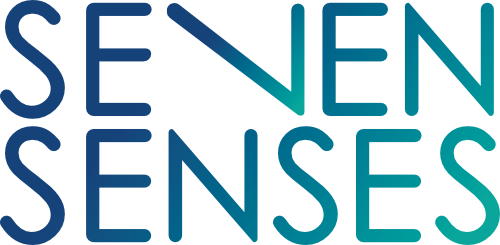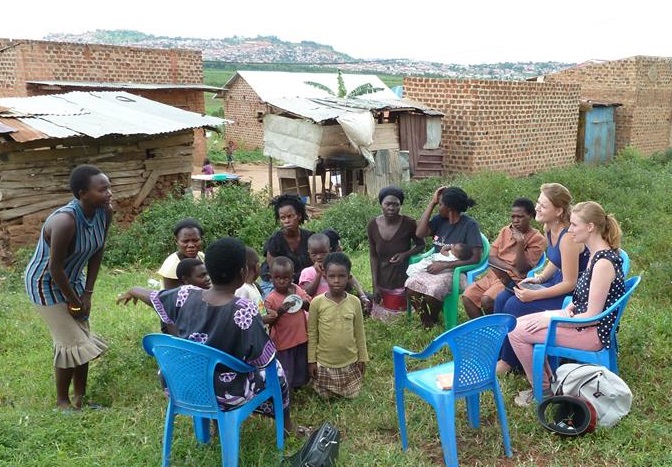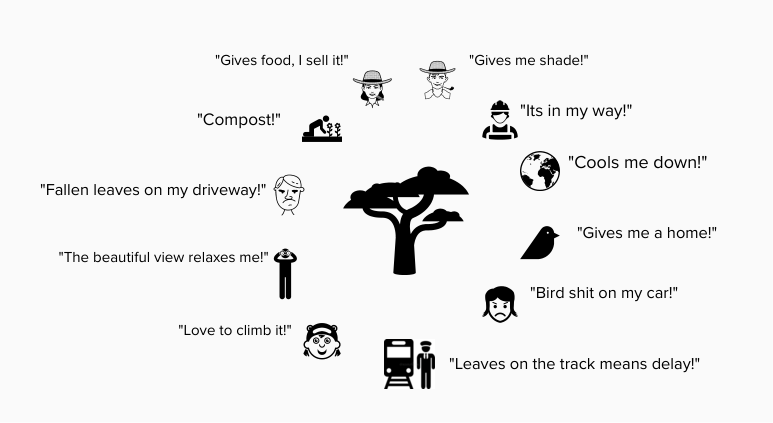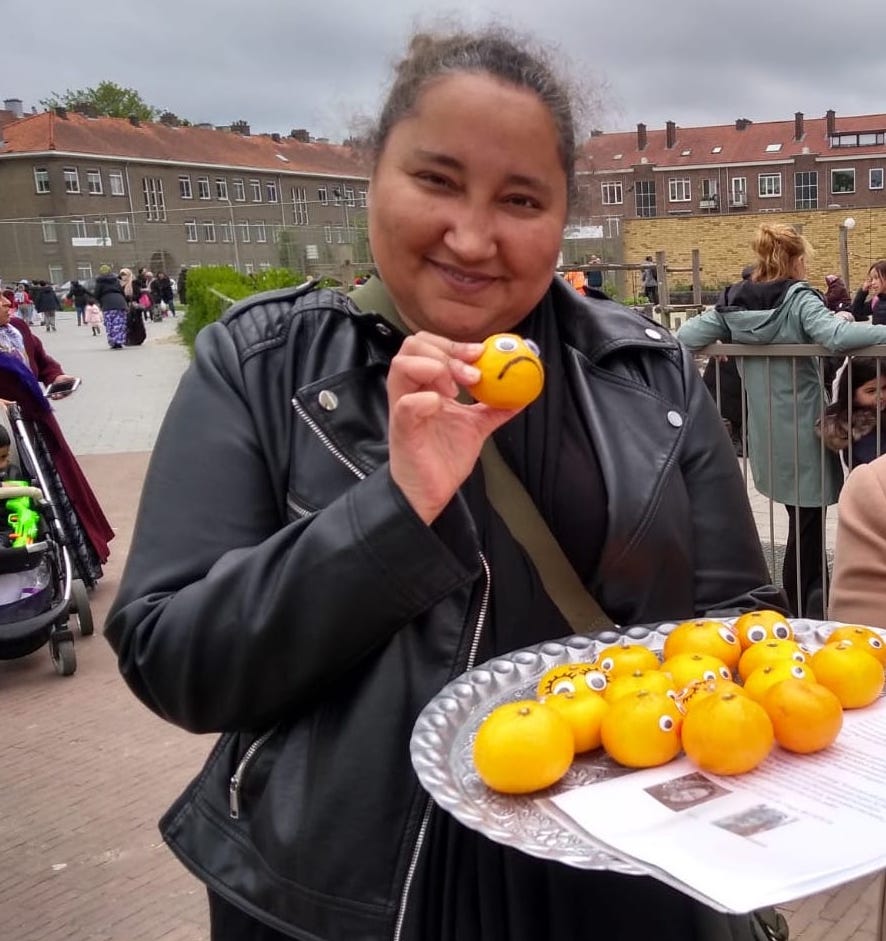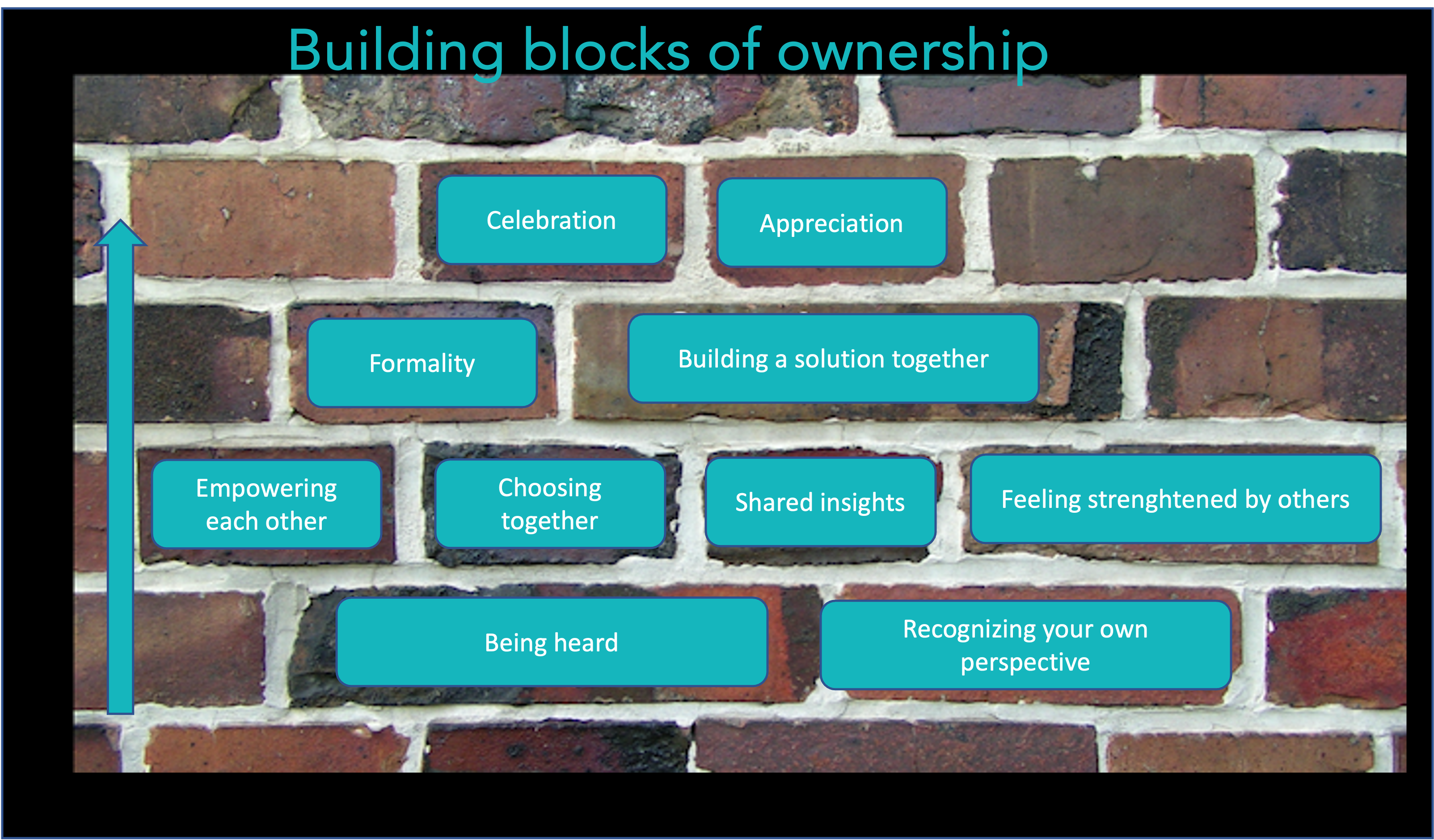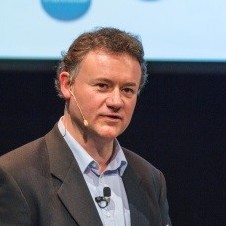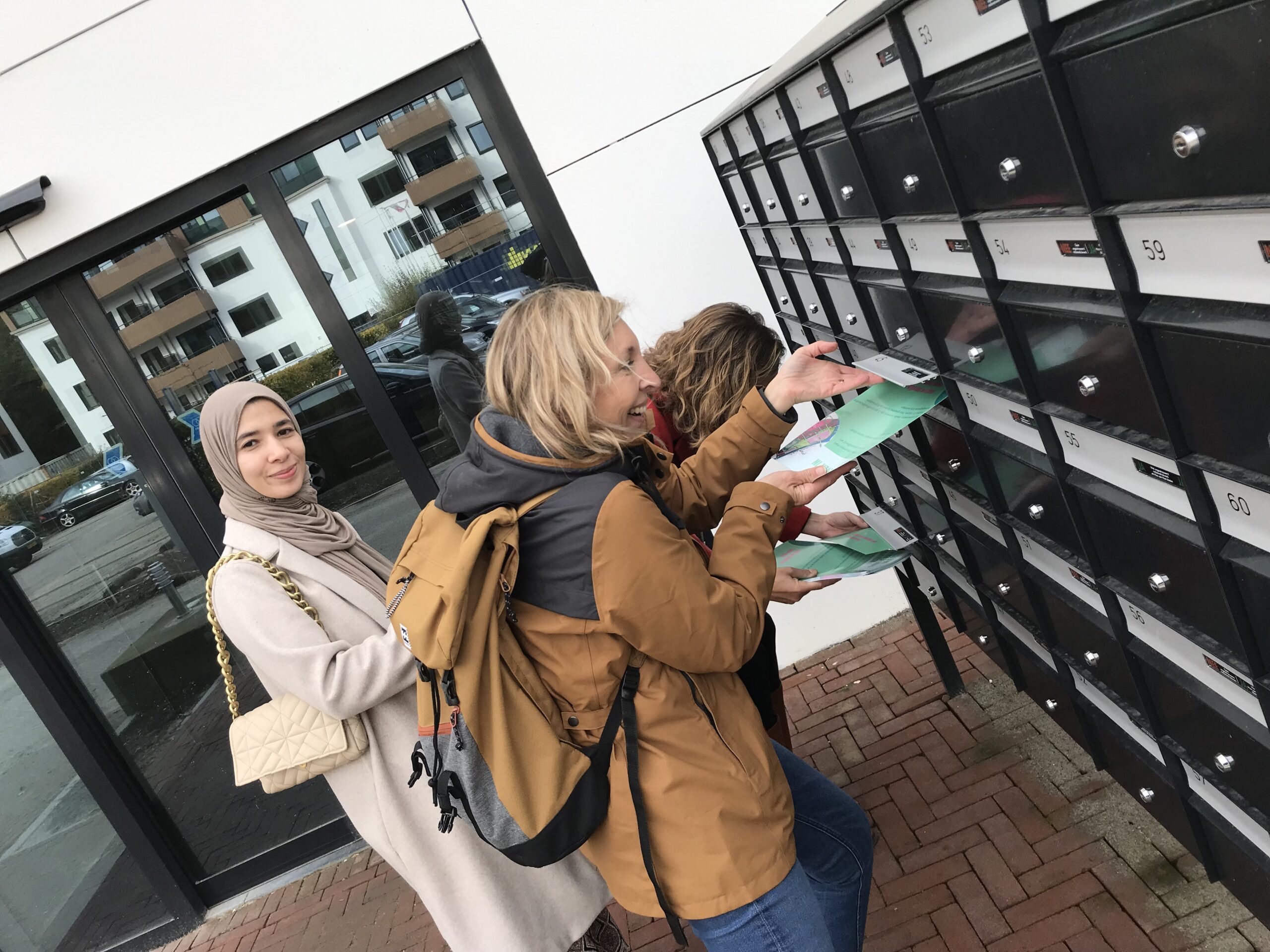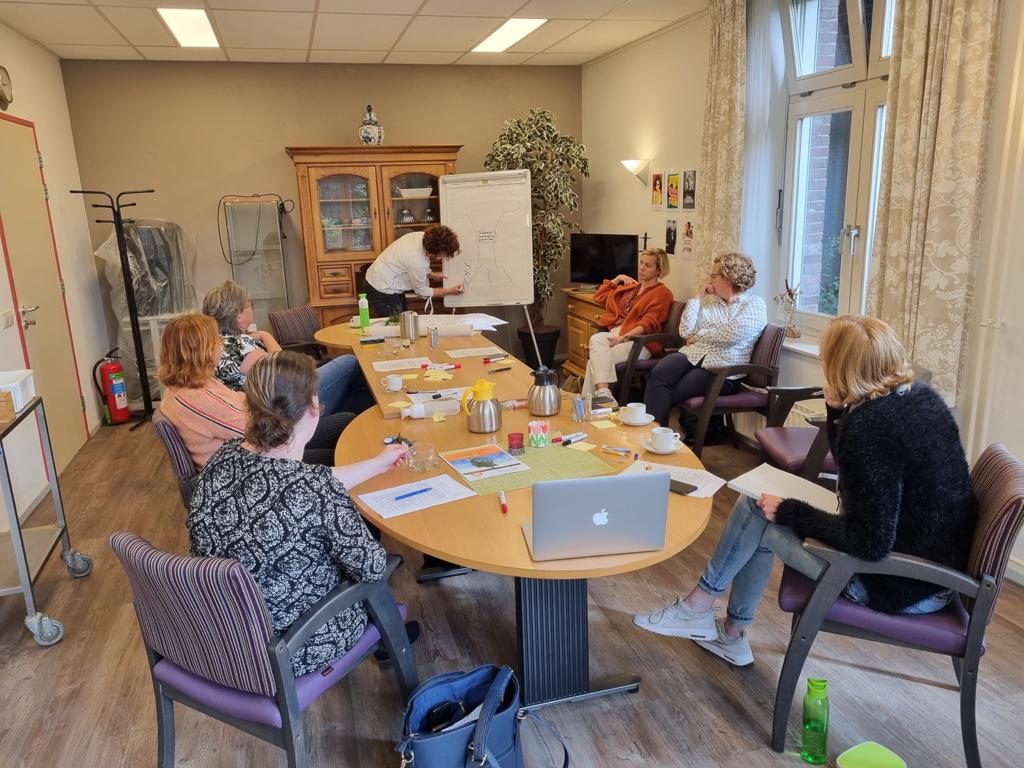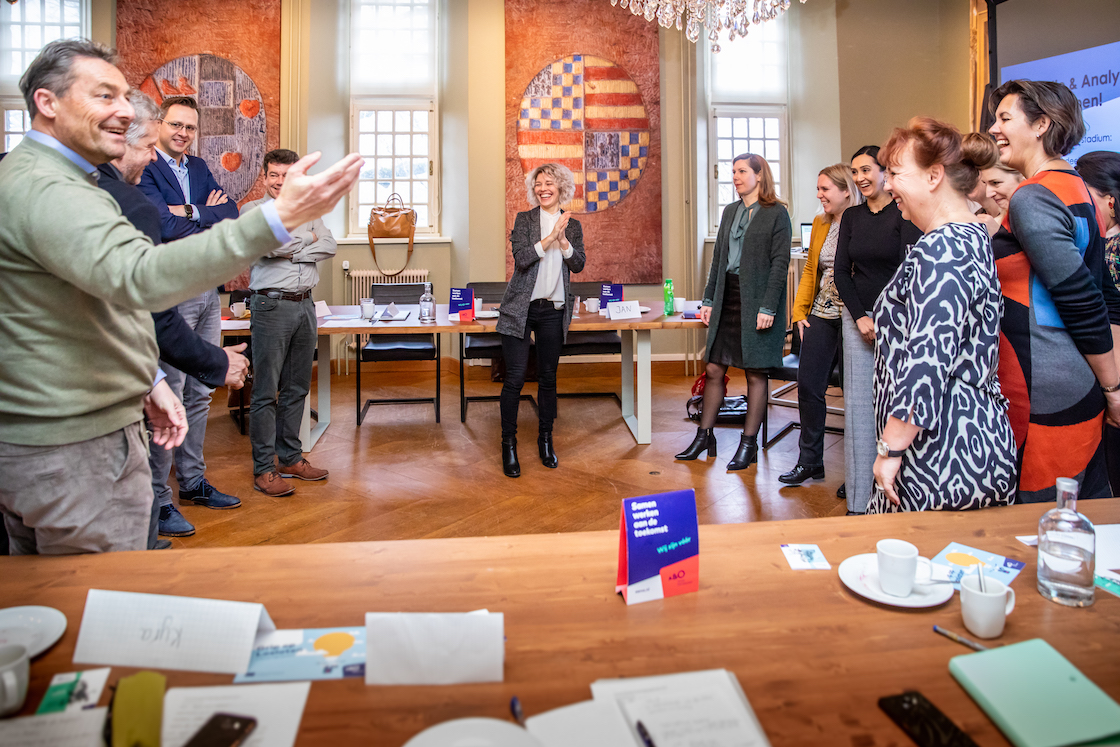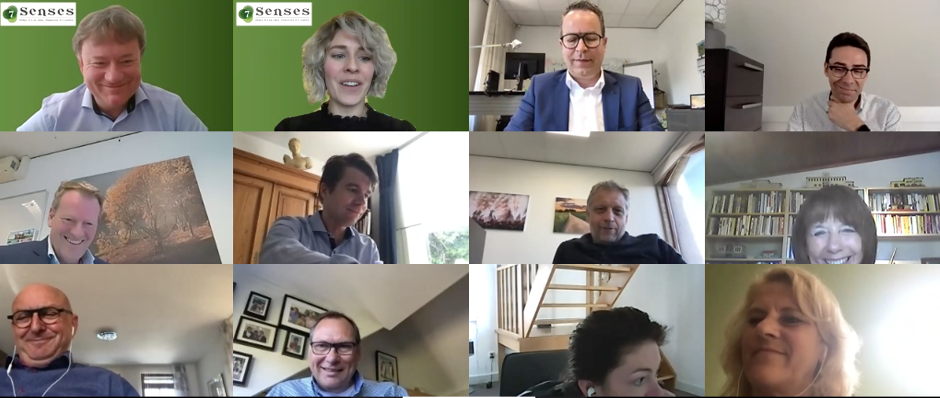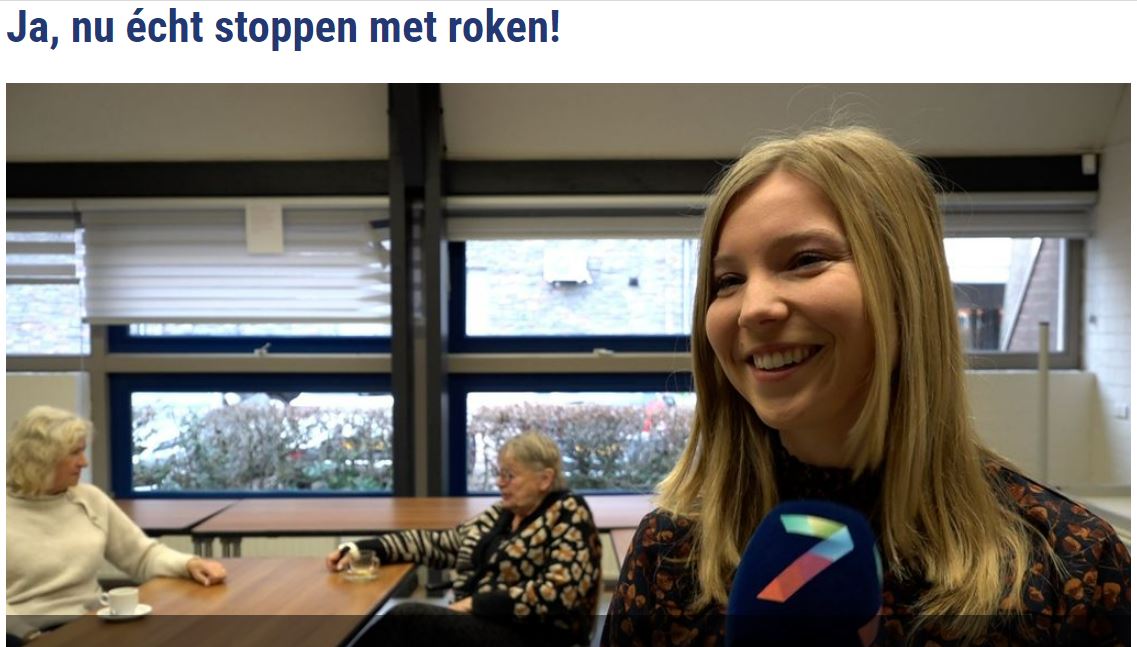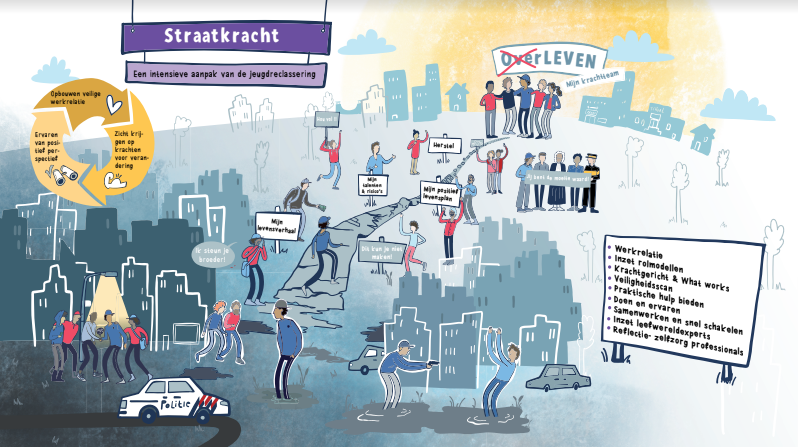The public sector is faced with huge new challenges. On the one hand, local governments depend on their citizens for solutions to complex issues more and more. On the other hand, the relation between public organizations and citizens is becoming more and more tense. The SevenSenses approach aims to bridge this gap and bring about co-creation between government and different stakeholders in society. Participatory Action Research for the Public Sector is therefore widely accepted as a tool for societal change.
Complex challenges
Public organizations are faced with growing complexity. Society is getting more complex and a variety of issues get more and more entangled. The traditional welfare state (“verzorgingsstaat”) is no longer capable of tackling these issues, a society where citizens are actively involved in handling issues (“de participatiesamenleving”) is often advocated. With new approaches public organizations try to conquer these challenges. In The Netherlands developments like “opgavegericht werken” and “de omgevingswet” are aimed at doing so. In practice public organizations often face difficulties in embracing these new approaches.
Shifting from ‘working for’ to ‘working with’.
Traditionally public organizations work for society. They create their own plans and consecutively execute them. This has two downsides: (1) they don’t incorporate the qualities society can add to these plans, and (2) they lead to people in society to lean backward and wait for public organizations to solve problems for them. When moving to a society where public organizations and citizens join forces to tackle complex issues, a shift to working with society is needed. This is not easy, since decades of perfecting working for has produced public organizations who feel comfortable with the corresponding approaches and has produced a society of citizens who expect public organizations to work for them.
Empowered citizens
People are becoming more and more empowered. They are developing their own views and solutions to problems. Often these views and solutions are widely different from the way public organizations deal with issues. This results in misunderstanding and irritation on the part of citizens and public organizations facing enormous challenges in finding support for their policies.
The Community-up approach
Traditional approaches are often referred to as “top down” approaches, where organisations and governments take action based on their own views. A counter movement are the so called “bottom up” approaches, where citizens themselves take action. In both cases professionals (“the top”) and citizens (“the bottom”) are not cooperating. SevenSenses founder Madelon Eelderink coined the term “community up” to refer to professionals and citizens joining forces and jointly tackling issues. The term “community up” by now has been widely adopted.
Using Participatory Action Research to initiate the Community-up movement
Participatory Action Research (PAR) allows all stakeholders to view each other’s perspectives and qualities and discover how they can enforce each other. As a result PAR is an ideal approach to support people in developing “community up” approaches. More and more public organizations discover PAR as an instrument of change. By applying PAR public organizations create examples of “community up” approaches and with that discover how they can transition from working for to working with!
Free virtual brainstorm
Are you curious to hear more about what SevenSenses can do specifically for you? Please don’t hesitate to contact us to arrange a one-hour brainstorm with us.
Facing barriers? Let us guide you!
Do you feel PAR is the right approach to tackle the sustainability challenges you are working on, but encounter barriers within your organization to execute PAR? For example, that the rigid structures of your organization hampers you from allowing stakeholders to participate? SevenSenses Institute has done extensive research into the barriers faced within organizations to implement PAR, and how these barriers can be overcome. Our PAR experts are happy to guide you in the process of bringing PAR to the table among decision makers or other authorities and taking away the threshold to implement PAR. Please don’t hesitate to contact us for a one-hour free advisory session! From there, we discuss how we can further guide you in this process.
